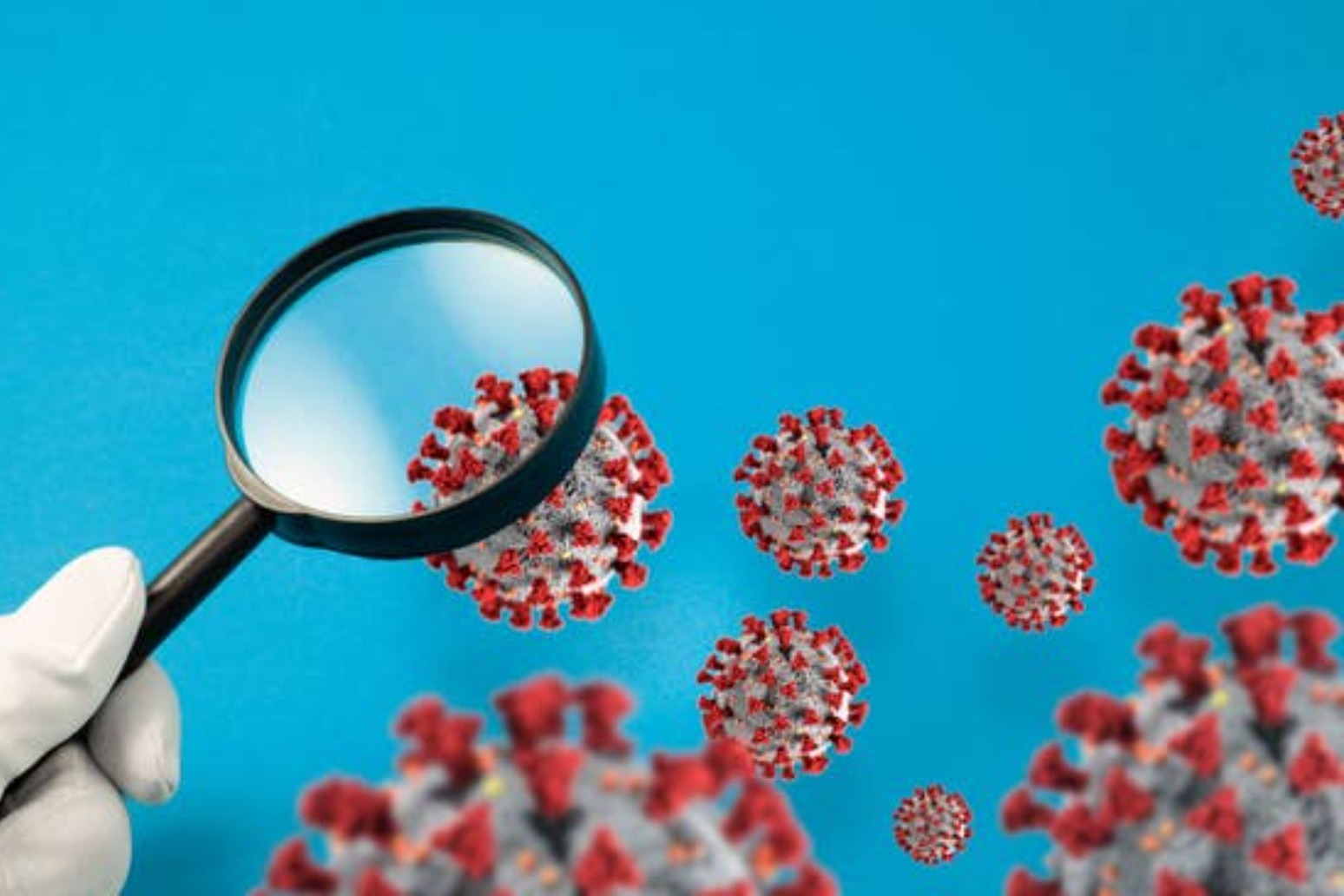
Coronavirus antibodies last for at least six months after infection – study
Coronavirus antibodies last for at least six months after infection for the majority of people who have had the virus, according to a new study. The research also found that 8.8% of the UK population had been infected by December 2020, rising as high as 12.4% in London and as low as 5.5% in Scotland.
A study from UK Biobank, the UK’s major biomedical database and research resource, measured the levels of previous infection in various population groups across the UK.
It also looked at how long antibodies persisted in those who were infected.
According to the study, 99% of participants who had tested positive for previous infection retained coronavirus antibodies for three months after being infected, while 88% did so for the full six months of the study.
Researchers say this indicates antibodies produced following natural infection may provide a degree of protection for most people against getting infected again for at least six months.
UK Biobank chief scientist, Professor Naomi Allen, said: “This important study has revealed that the vast majority of people retain detectable antibodies for at least six months after infection with the coronavirus.
“Although we cannot be certain how this relates to immunity, the results suggest that people may be protected against subsequent infection for at least six months following natural infection.
“More prolonged follow-up will allow us to determine how long such protection is likely to last.”
For the six-month period from the end of May 2020 to the beginning of December 2020, UK Biobank collected monthly blood samples and data on potential symptoms from 20,200 UK Biobank participants and their adult children and grandchildren.
The study also found that the proportion of the population with antibodies to SarsCoV-2 (seroprevalence, which indicates past infection) rose from 6.6% at the start of the study period, to 8.8% by the end of it.
There was no difference in seroprevalence by gender, but the proportion of participants with detectable antibodies was highest in younger people (13.5% among those under 30) and lowest in the elderly (6.7% among those over 70), according to the study.
The seroprevalence of Sars-CoV-2 was highest among participants of black ethnicity (16.3%) and lowest among those of white (8.5%) and Chinese ethnicities (7.5%).
The most common symptom associated with having coronavirus antibodies was a loss of sense of taste and smell, which was reported by 43% of sero-positive participants.
Around one quarter (24%) of sero-positive participants were completely asymptomatic, and 40% did not have one of the three classic Covid-19 symptoms – fever, persistent dry cough or loss of sense of taste or smell.
But the researchers warned that just because people have built up an antibody response, it does not mean they cannot still pass the virus on to others.
Professor Sir Rory Collins, UK Biobank principal investigator and chief executive and British Heart Foundation professor of medicine and epidemiology at the University of Oxford, said: “Both with vaccines and indeed with past infection, we don’t yet know what impact that has on the ability to be carrying the virus and transmitting to others.
“So I think one important message both for people who have been infected, and for people being vaccinated, is you may be protected, to some extent, but you may still put others at risk.
“So it’s important to maintain the social distancing and the lockdown measures in line with the Government guidance.”
He added that the findings support the Government’s decision to delay second doses of Covid-19 vaccines for up to 12 weeks.
Sir Rory said: “The fact that infection is producing antibody response that lasts a long time, and as we’ve seen in other studies, is protecting against reinfection does support the Government’s decision to delay the second dose.
“And the evidence that they have from the antibody studies that were done with vaccines I think supports the delay, which then allows first doses to be given to very much large numbers of people, which was part of the rationale for the Government.”
Health minister Lord Bethell said: “While the findings offer some promise, now is not the time for complacency.
“We still do not fully understand how long protection from antibodies may last, and we know people with antibodies may still be able to pass the virus on to others.
“Right now, it remains vital for everyone to stay at home, even if you have had Covid-19 in the past, so we can stop the spread of the virus, protect the NHS and save lives.”
Sir Patrick Vallance, Government chief scientific adviser, said: “These latest results provide useful confirmation of the maintenance of antibodies to Sars-CoV-2 over six months.
“Having the results of the study available within UK Biobank’s rich resource will allow further understanding of the disease impact over time.”
Published: by Radio NewsHub